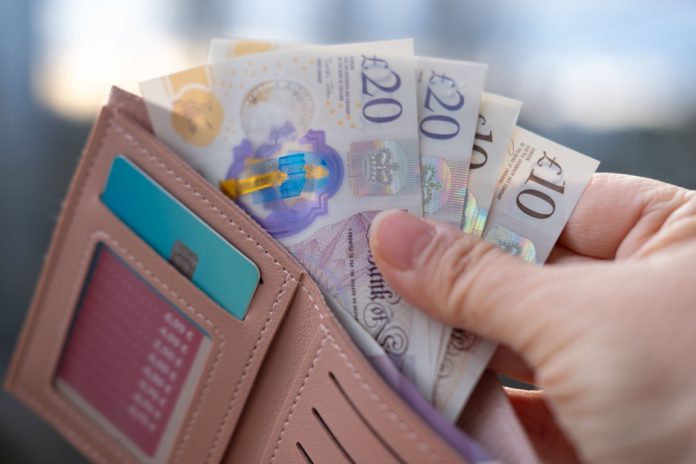Questions have been raised over the UK gambling industry’s future, as recent data suggests an increase in gambling tax could lead to prices increasing and less spending on marketing and bonuses.
A report by PricewaterhouseCoopers LLP (PwC) on behalf of the Betting and Gaming Council (BGC) analysed different European markets that have undertaken similar regulations that are being considered by Rachel Reeves and the Labour government.
Information from H2 Gambling Capital, Vixio Gambling Compliance and the BGC’s member data was utilised within the report, with its release coming as the UK market is weeks away from the autumn budget announcement, which is widely suggested to include a gambling tax increase.
Pricing, marketing and bonus changes could impact player behaviour according to the report, as these factors are considered by players when deciding which operator to place a bet with. Channelisation rate can be affected too, as players switch to unlicensed operators as a result of not being able to find the prices and offers they like.
Pricing changes
The report states that the UK’s gaming tax rates are broadly in line with the average of other European countries across most product verticals, but gross win percentage (pricing), bonusing and marketing spend are adjusted by operators in different tax and regulatory jurisdictions to control financial performance.
Operators are making investment decisions “to manage returns and mitigate negative impacts from regulation and tax changes”, with betting pricing higher in jurisdictions with higher tax rates, but gaming pricing having little to no changes. Bonuses are also being reduced in markets where regulatory tightening or a tax increase has occurred.
In addition, 11 out of 17 BGC member brands across six jurisdictions – Denmark, Germany, the Netherlands, Spain, Sweden and the UK – reduced betting bonusing and 13 out of 19 reduced gaming bonusing as a percentage of GGR the year following regulatory tightening or a tax hike.
Marketing spend
Marketing spend was shown to adjust too, including “in some instances as a direct result of regulatory change”, as 15 of 21 BGC member brands across the six listed jurisdictions reduced marketing spend as a percentage of net gaming revenue the year after stricter regulations or higher taxes were implemented.
Operators have also exited markets due to regulatory changes in some cases, such as the “number of operator licences fell in Italy and Romania following regulatory tightening and the number of operators in the UK has fallen from 626 in 2019 to 570 in 2024 as the regulatory environment has tightened”.
“In the first five years after market opening, the number of licensed operators in France declined by more than half. In Denmark and Sweden, operator numbers remained stable under a comparatively more favourable tax and regulatory regime,” the report stated.
Player behaviour can be severely affected by pricing, bonusing and marketing when selecting operators to bet with, with these factors being “even more important for higher spend players”, and it can lead to a channelisation rate drop as players switch to unlicensed operators.
Jurisdictions with a less than 25% online GGR tax rate saw a higher tax take growth of 13% in comparison to regions with a more than 25% online GGR tax rate of 9%, according to data from 2019 to 2024.
Outlook
The BGC’s argument that more players will be driven to unlicensed operators if the gambling tax were to increase is supported by the report. This is a stance the standards body has been pushing for a while, but it has been on the front foot more recently as we move closer to the autumn budget.
Speaking at a Treasury Committee parliamentary hearing last month, BGC CEO Grainne Hurst said: “The industry has a lot of regulations in place voluntarily and the white paper to raise those standards. We track behavioural triggers, late-night play, chasing losses, so we make sure players are staying within the regulated space.”
The committee appeared to be unconvinced by industry arguments, maintaining a sceptical stance to the BGC-commissioned research. The standards body was also criticised by mainstream media for defending the industry, particularly their strong refutation of gambling’s role in causing social harm.
A decision on the UK gambling tax future will likely be made within the government’s autumn budget announcement on 26 November.














